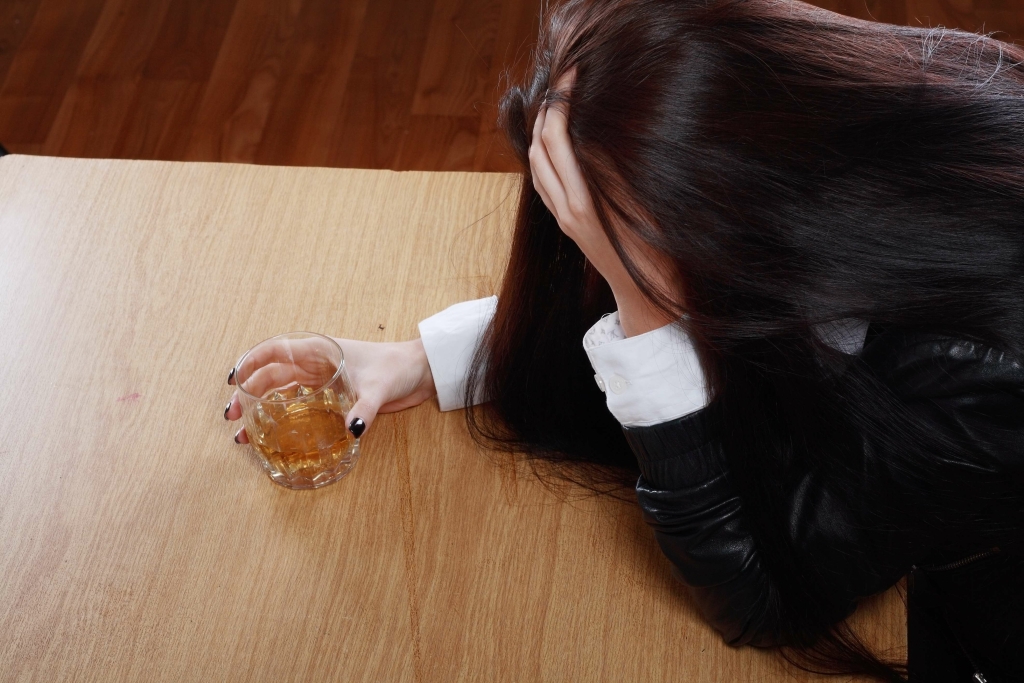One of the reasons that medical professionals tend to avoid tapers is that they can be difficult to follow and may be more likely to be unsuccessful than faster options. Substituting a prescription drug for alcohol should only happen with the help of a medical professional. No one should ever attempt a substitution taper with prescription medication unless their doctor specifically prescribed it for that purpose in a medical detox program.
Start Your Journey To a Sober Tomorrow
In addition, alcohol can be high in calories and sugar, which can lead to weight gain and other health issues. Focus on consuming nutrient-dense foods such as fruits, vegetables, lean proteins, and whole grains. This will not only support your overall health but also help you feel more energized during the day. Another clue that can be an indication of an unhealthy relationship with alcohol is if you make “rules” around drinking.
Identifying a Standard Drink
Common triggers for alcohol consumption may include social gatherings, stress, anxiety, loneliness, or certain locations. By recognizing these triggers, you can take proactive steps to avoid or manage them. For example, if attending parties or events is a trigger, you can choose to limit your exposure to such situations in the early stages of your recovery. Alternatively, you can bring a sober support person with you to provide encouragement and accountability. Joining support groups can be immensely beneficial for individuals looking to quit drinking alcohol.
Unmasking The Impact Of Speed Drug
Seeking professional help is an important step in quitting alcohol. Professionals, such as doctors, therapists, counselors, or addiction specialists, can provide valuable guidance and expertise tailored to your specific needs. They can help you develop a personalized treatment plan, address any underlying issues contributing to your alcohol use, and provide ongoing support. Before embarking on the journey to quit drinking alcohol, it is essential to acknowledge the need for change and understand the impact of alcohol addiction.
Advice for you
- For people who depend on opioids, benzodiazepines, or antidepressants, it is typical to slowly reduce someone’s dosage as opposed to immediately cutting them off completely.
- People who want to reduce their alcohol consumption often do not realize how much of their social and daily routines alcohol has become.
- Once the decision to reduce or quit alcohol has been made, understanding the concept of tapering off can be a helpful approach.
- They’ll be able to help you create a tapering schedule that won’t only raise your chance of success but also avoid severe symptoms.
- Alcohol detox centers have professionals trained to recognize and treat complications caused by alcohol withdrawal.
Once you have successfully quit drinking alcohol, it’s important to develop strategies to stay sober and prevent relapse. This requires a combination of developing healthy habits and hobbies, managing stress and emotional triggers, and seeking ongoing support. It is important to remember that quitting alcohol is a highly personal journey, and the most effective strategy may vary from person to person.

- John C. Umhau, MD, MPH, CPE is board-certified in addiction medicine and preventative medicine.
- Consuming a lighter alcoholic drink like beer also makes it easier for someone to stay hydrated throughout the taper.
- They can offer expert advice, monitor your progress, and provide personalized recommendations based on your specific needs.
- If you regularly drink a handle of liquor (around 40 standard drinks) or more per day, please seek professional help.
By talking with your doctor or an addiction treatment specialist, together you can determine a safe tapering schedule that suits your needs. Seizures can also occur within the first 24 to 48 hours, although these are less likely to occur in people with less severe alcohol dependency. Withdrawal seizures can be a sign of delirium tremens, which can occur as soon as 48 hours after a person’s last drink. Medical detox programs for alcohol dependency commonly offer medications to ease the discomfort or pain of withdrawal. This is a benefit that isn’t available to all who attempt to taper at home.
Keep in mind the reasons you chose to cut back on or quit alcohol. Satisfying hobbies can distract you from wanting to drink, but they also help you relax — something everyone needs to do. If you turn to alcohol to manage emotional distress, the added overwhelm can prompt the urge to drink, making success seem even more out of reach.
If you’ve been drinking consistently for a long time, it’s a good idea to consider the safest way to stop when it’s time to cut back. However, weaning off alcohol Sober House isn’t always necessary for people who want to cut back or stop drinking. The most significant factor is whether or not you’ve become chemically dependent.
This is a highly personal decision, which can be made through self-reflection, and with the support of a medical professional and your peers. If it’s safe for you to quit cold turkey, you may find that cutting alcohol out entirely from the start https://wyomingdigest.com/top-5-advantages-of-staying-in-a-sober-living-house/ helps you clearly uphold your boundaries. Or, you may find that quitting all at once is too drastic and decide to start by practicing harm reduction. Before you start your detox, ensure you have enough alcohol on hand to last you a few days.
